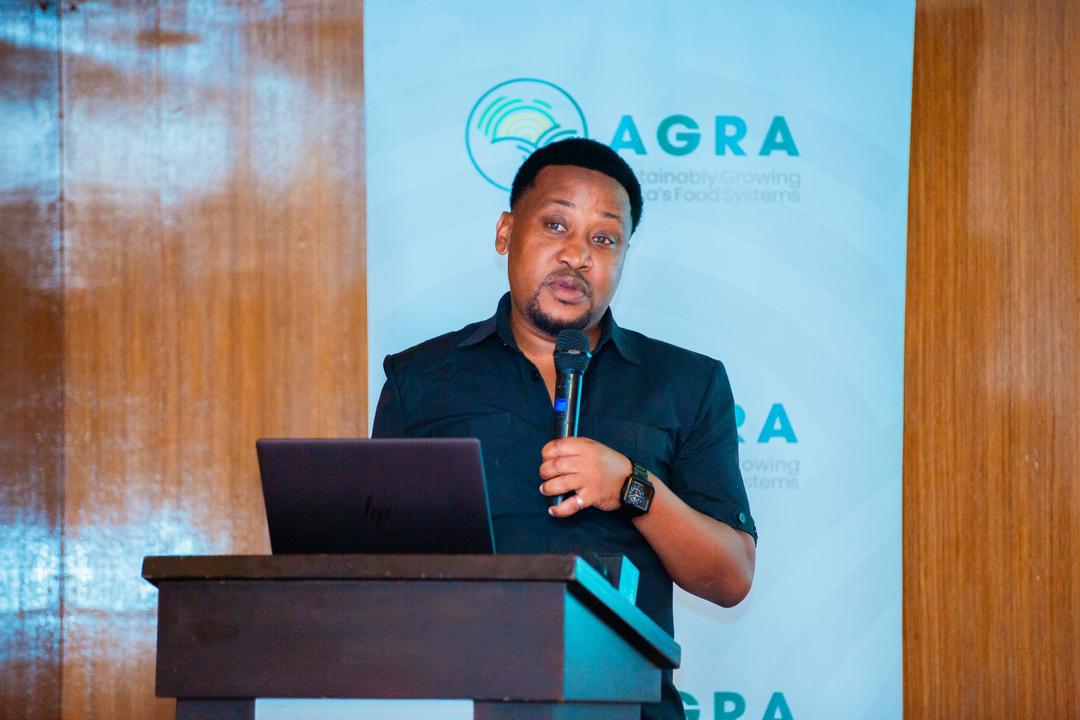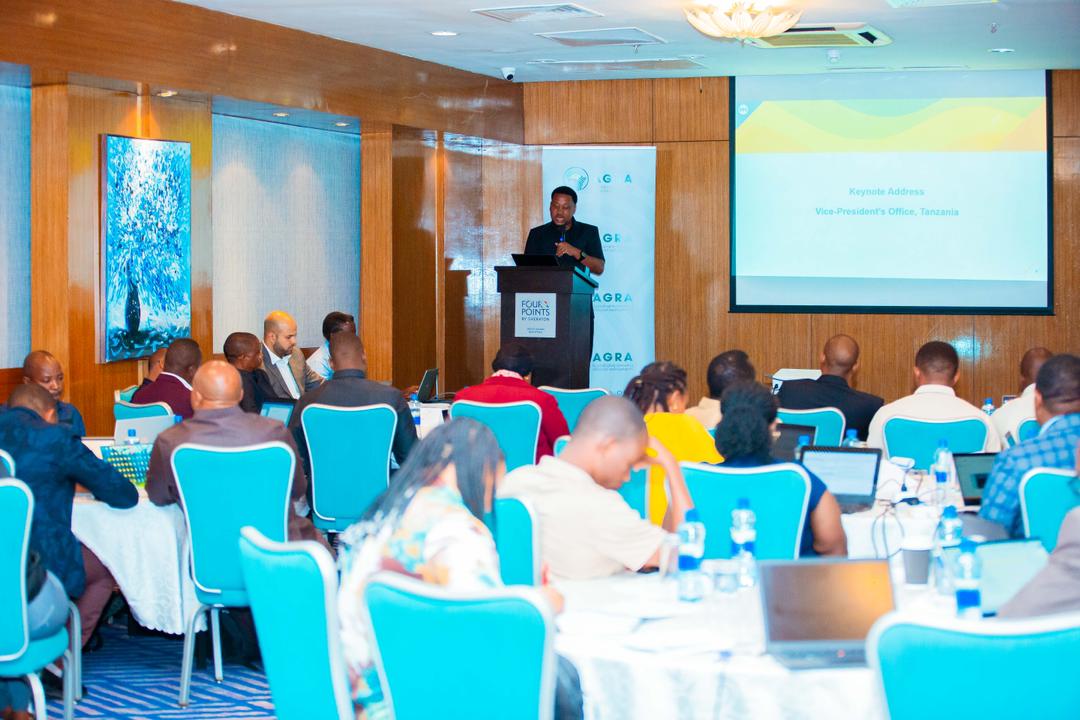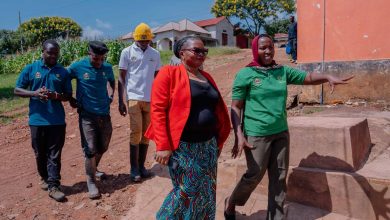Tanzania and AGRA push for a data-driven revolution in climate-smart agriculture

DAR ES SALAAM: The Vice President’s Office (Environment) in collaboration with AGRA and Mathematica Global, has officially launched the Climate Vulnerability Assessment Validation Workshop which aims to validate climate risk maps and key data that will support the government, private sector, and development partners.
The workshop held at the Tanzanite hall in Dar es Salaam on Thursday is expected to design strategies to mitigate the impacts of climate change on the agriculture and environmental sectors.
Speaking during the opening session, AGRA’s Tanzania Country Director, Mr. Vianey Rweyendela, said that climate change is no longer a theoretical discussion but a real challenge affecting people’s lives, the economy, and national food security.

“We must stop viewing data as just numbers in reports. These climate risk maps and data are the light guiding our decisions — from planning and budgeting to the implementation of development projects,” Mr Rweyendela said.
He noted that through this assessment, AGRA and its partners are strengthening institutional and community capacity to use scientific data for climate-resilient agricultural investments.
“Through this collaboration, we are helping the government and stakeholders design strategies that respond to real climate conditions, enhance awareness, and increase preparedness among communities affected by these challenges,” he added.
On his part, Senior Forestry Officer from the Vice President’s Office, Mr. Timotheo Mande, said Tanzania continues to play a leading role in addressing climate change challenges, having ratified the UN Framework Convention on Climate Change (UNFCCC) in 1996, the Kyoto Protocol in 2002, and the Paris Agreement in 2018.
ALSO READ: Africa commits to amplifying youth voices at COP30
He emphasized that the government is promoting the use of scientific research and data in policy formulation, budgeting, and project implementation, as climate-related disasters such as droughts, floods, and rising temperatures directly affect the country’s economy and people’s livelihoods.
“The government is committed to ensuring that these research findings are translated into concrete actions to protect our people, economy, and environment. Tanzania belongs to all of us — and by joining forces, we can build a truly climate-resilient nation,” Mr Mande said.
The workshop is part of a regional initiative being implemented in Tanzania, Kenya, Uganda, Ghana, and Zambia, aimed at generating scientific evidence to support policymakers and stakeholders in developing strong strategies to combat climate change impacts, particularly in the agriculture sector.

Through climate vulnerability maps and a digital Climate Data Visualization Tool, the initiative seeks to establish a solid foundation for data-driven decision-making across budgeting, infrastructure development, and national investment planning.
The event brought together representatives from various institutions including TARI, SUA, NEMC, ASA, TOSCI, SAGCOT, the Ministry of Agriculture, ARU, UDSM, and COSTECH, as well as civil society organizations, private sector actors, and development partners.
Mr. Rweyendela concluded by saying: “Together, we can turn the challenges of climate change into opportunities to build a green, inclusive, and sustainable economy for our nation.”





